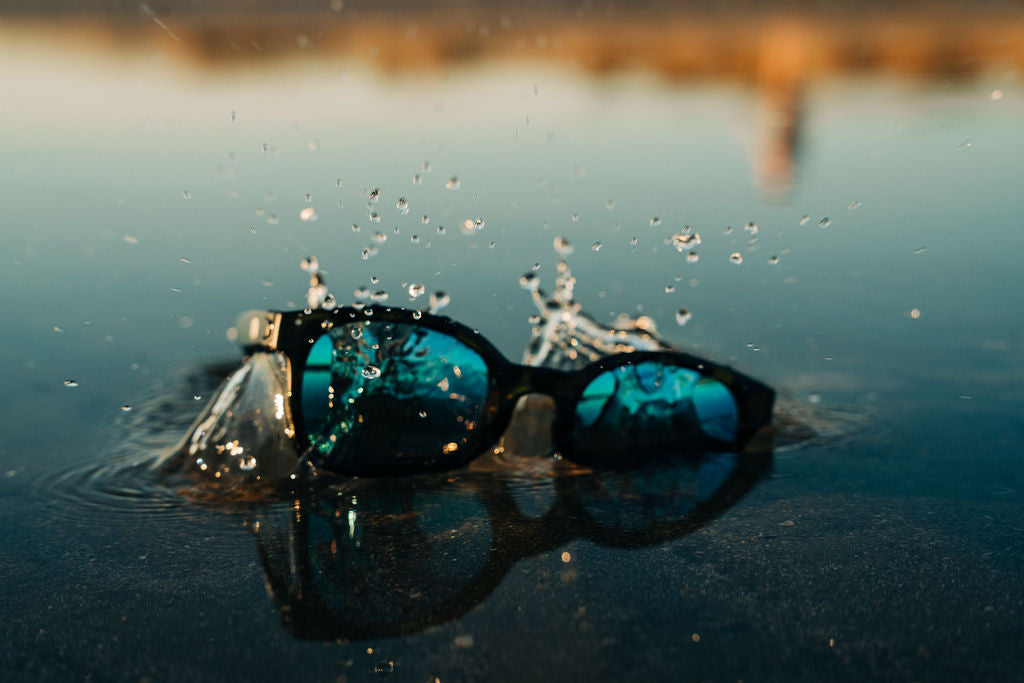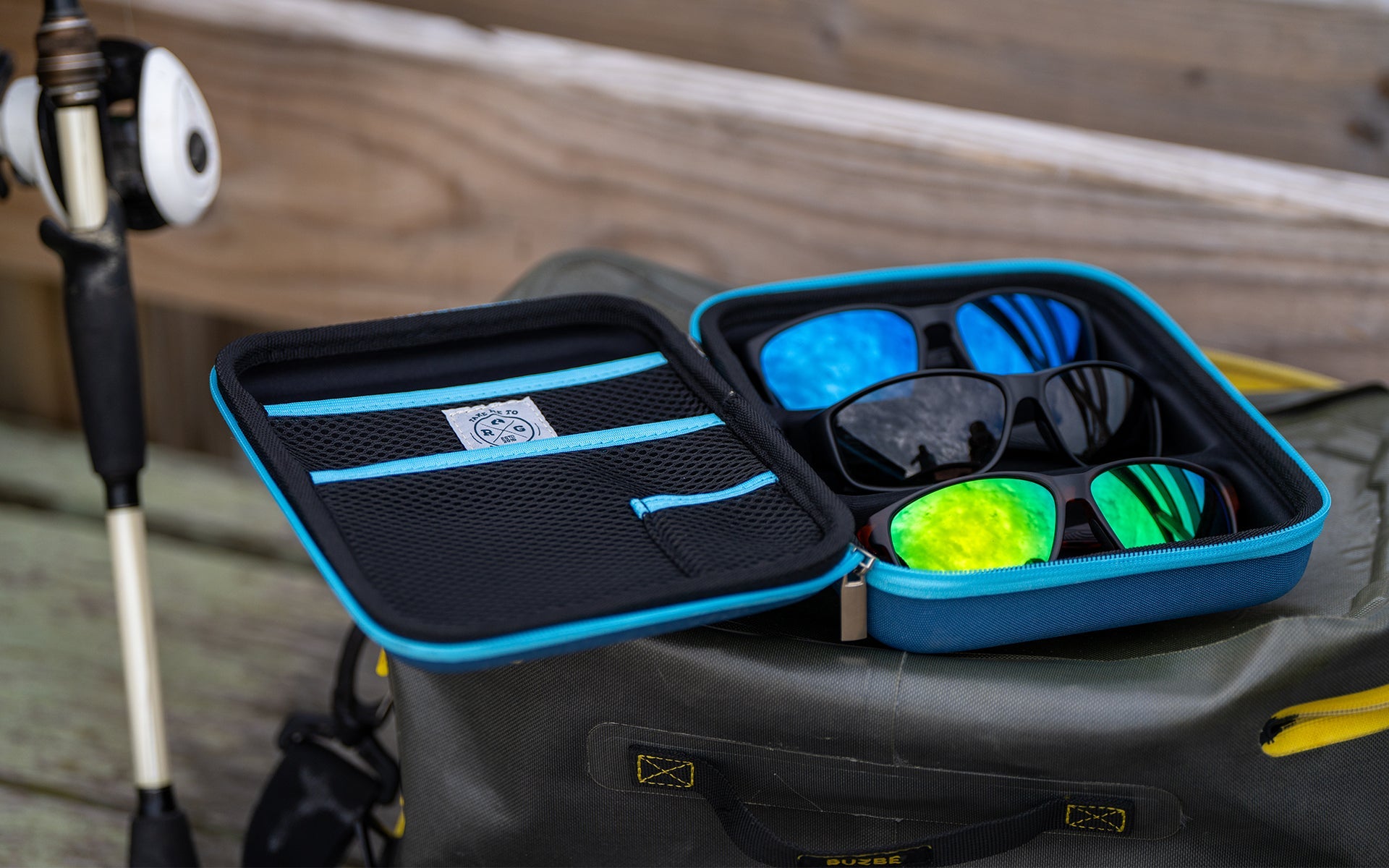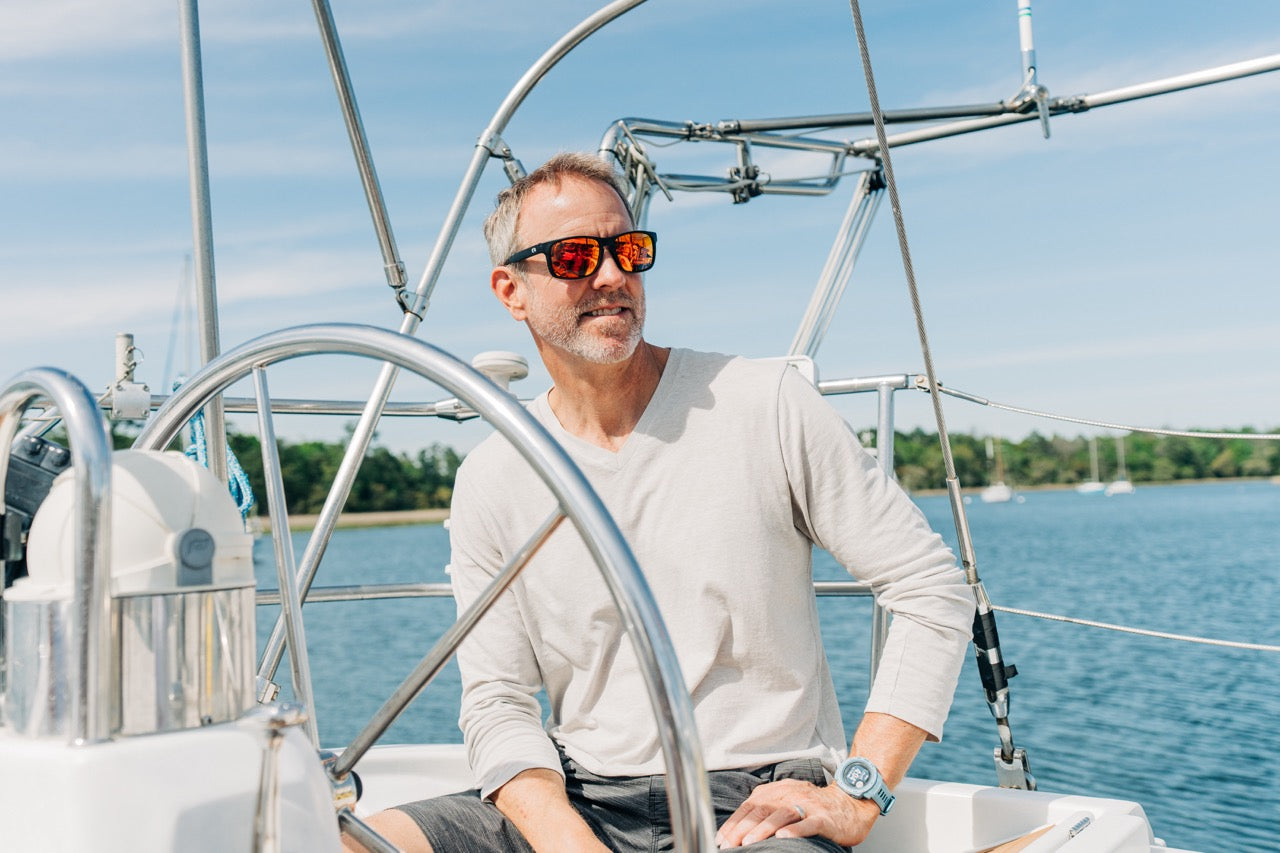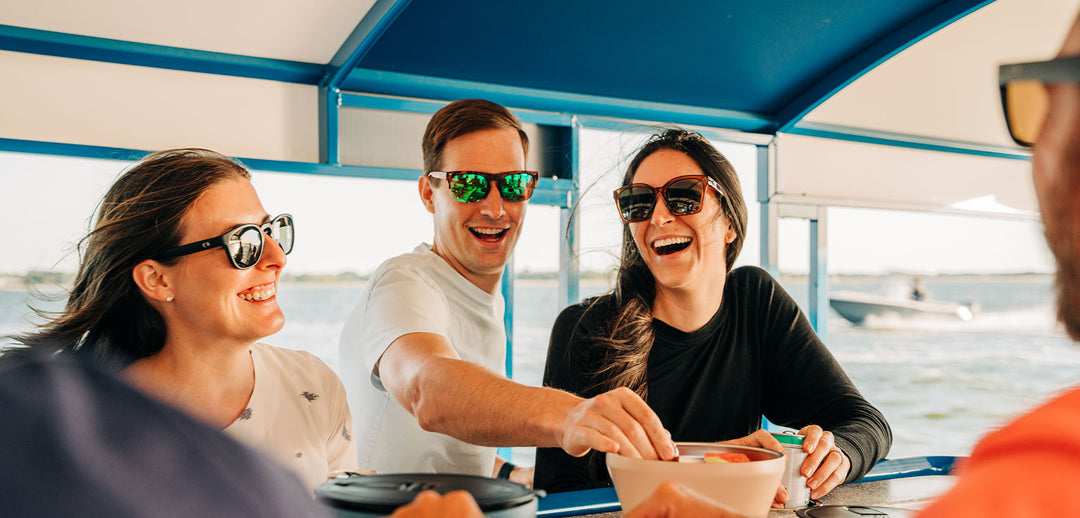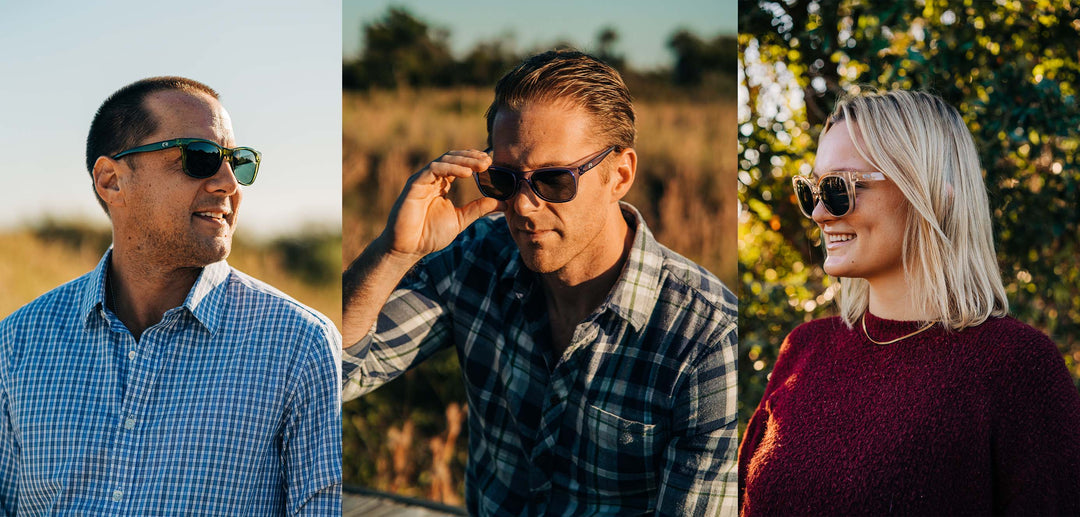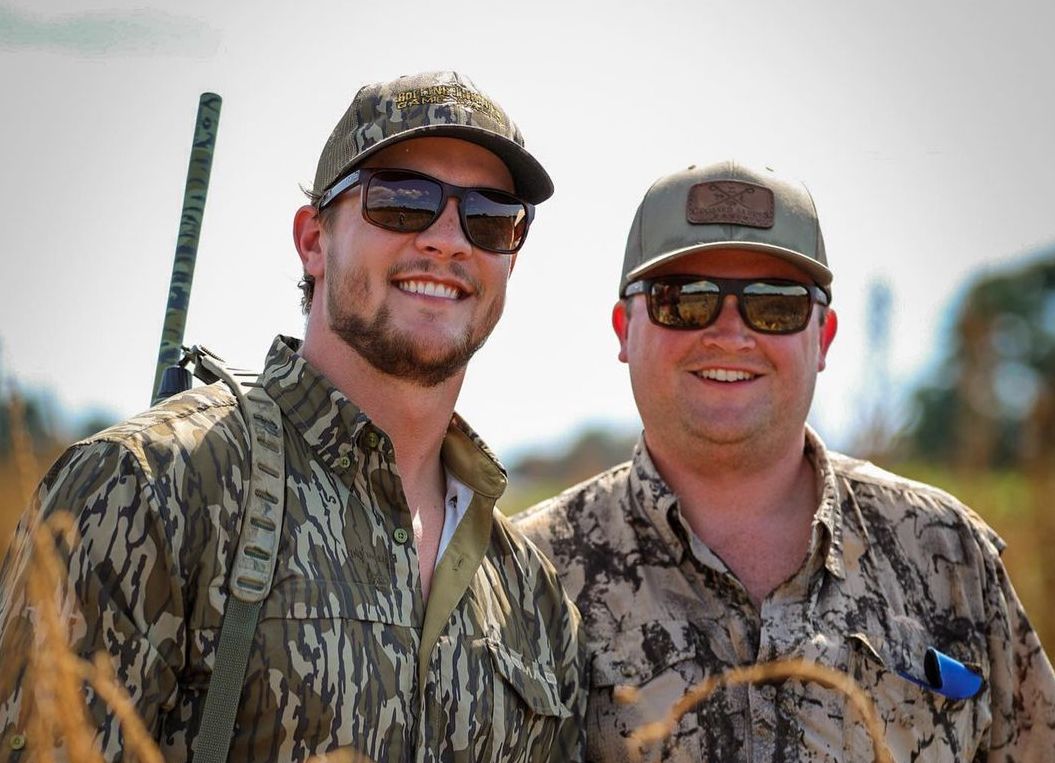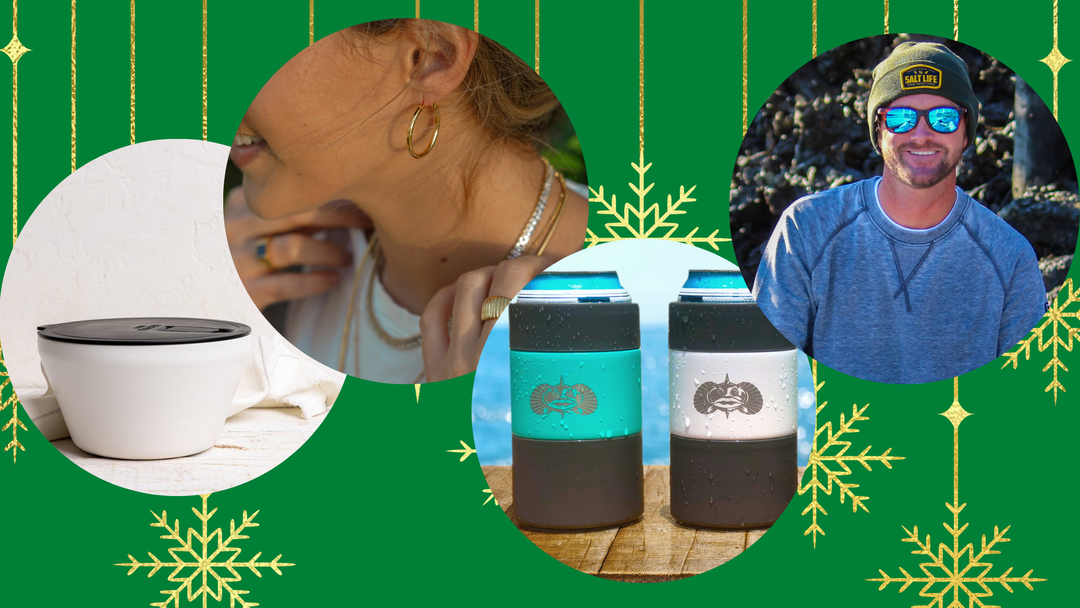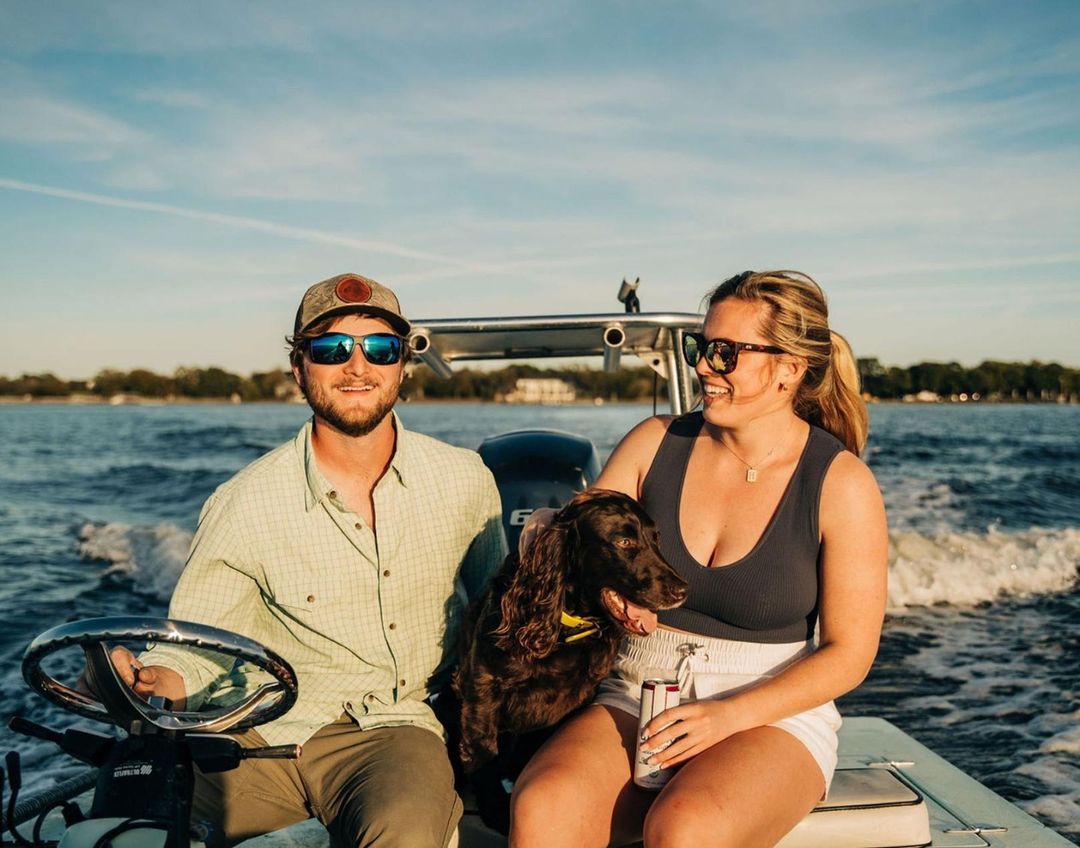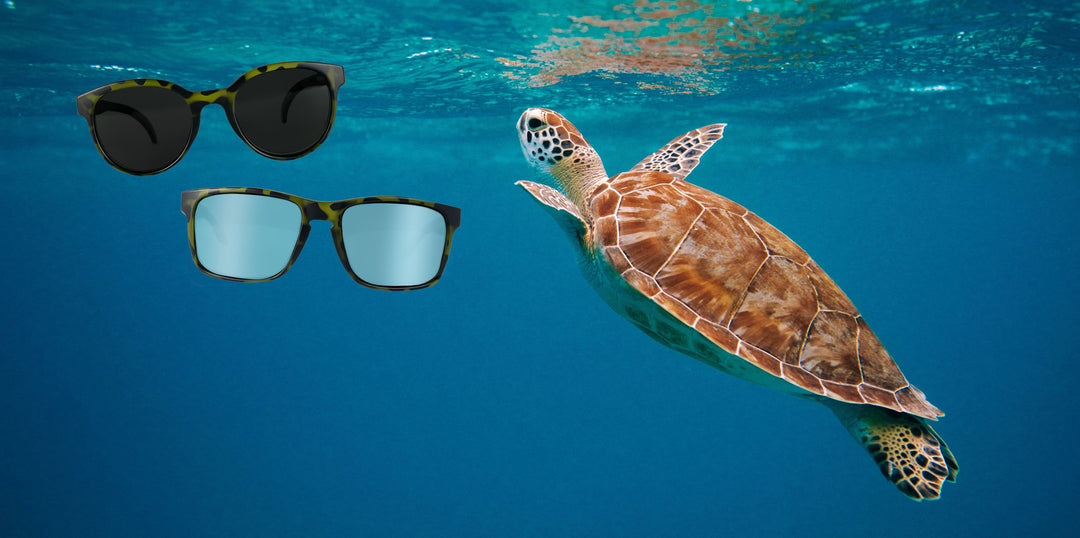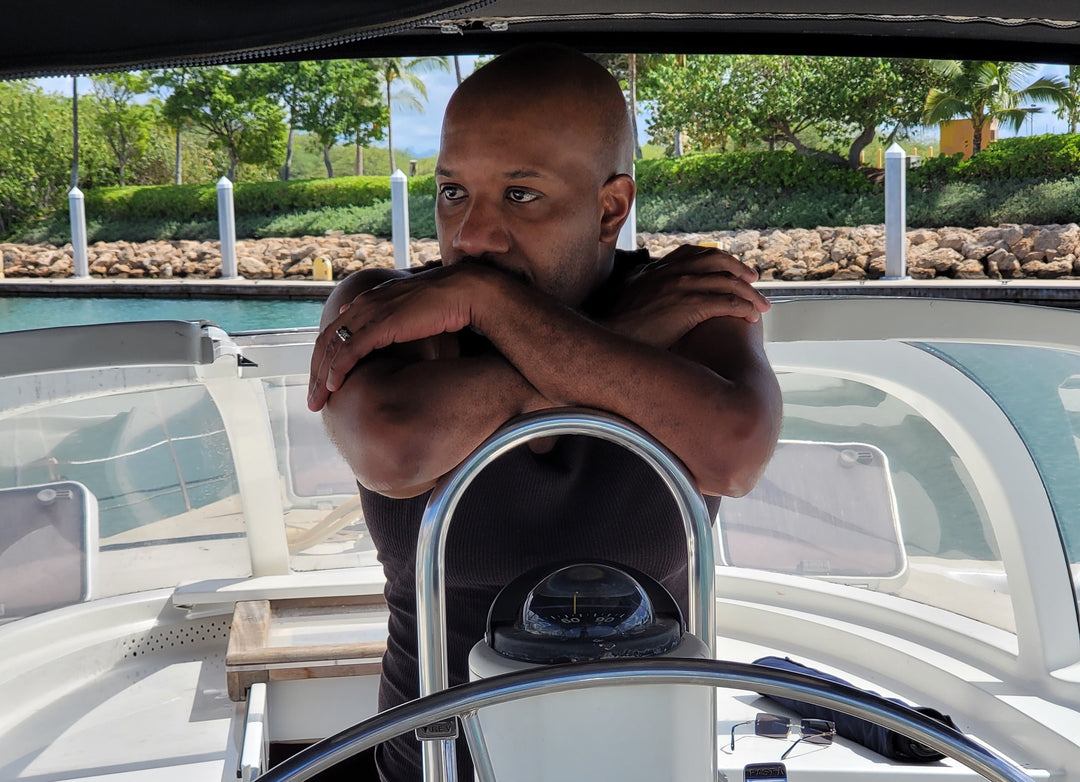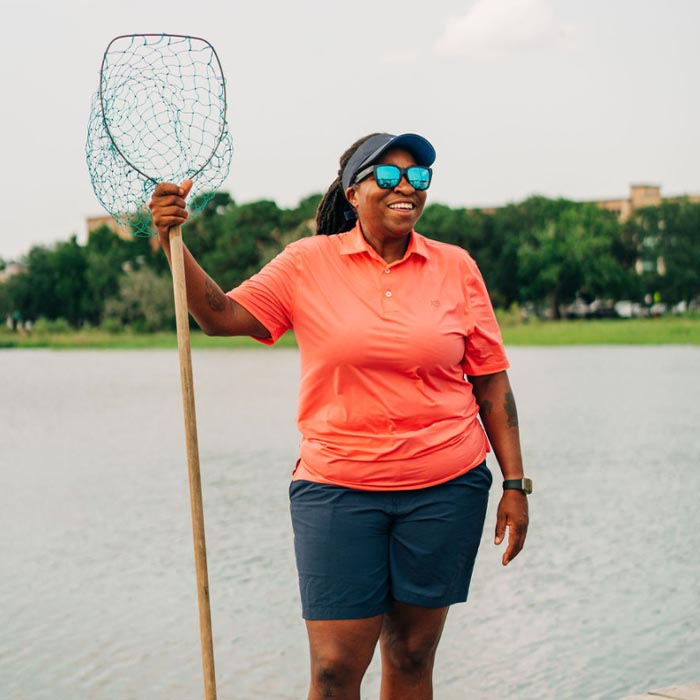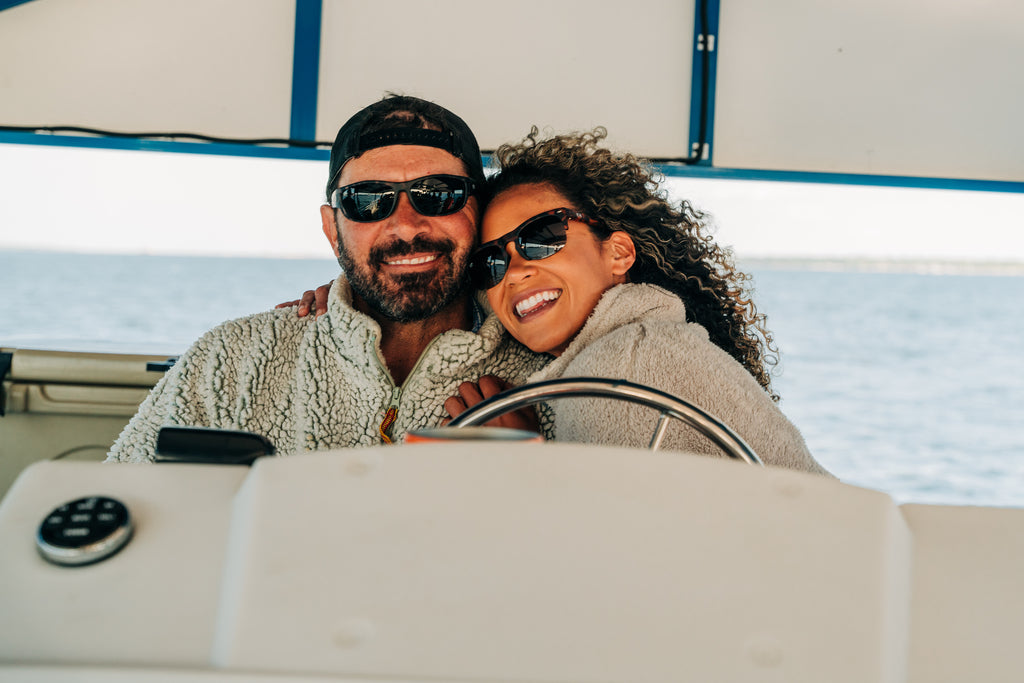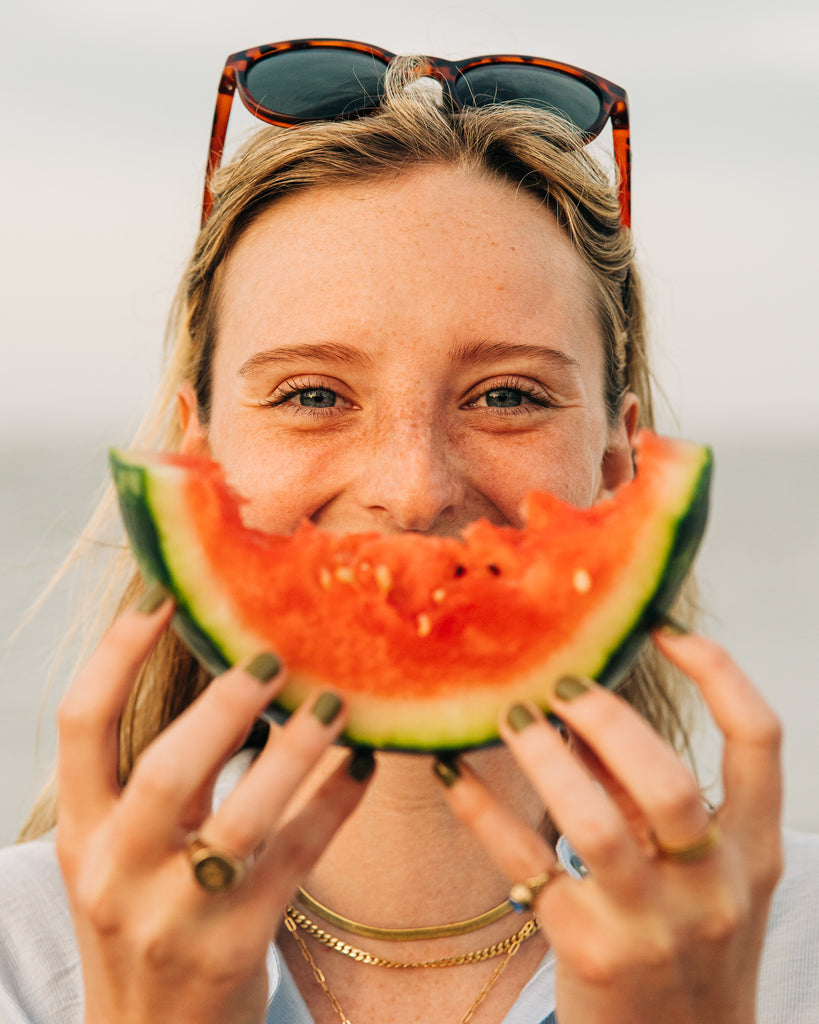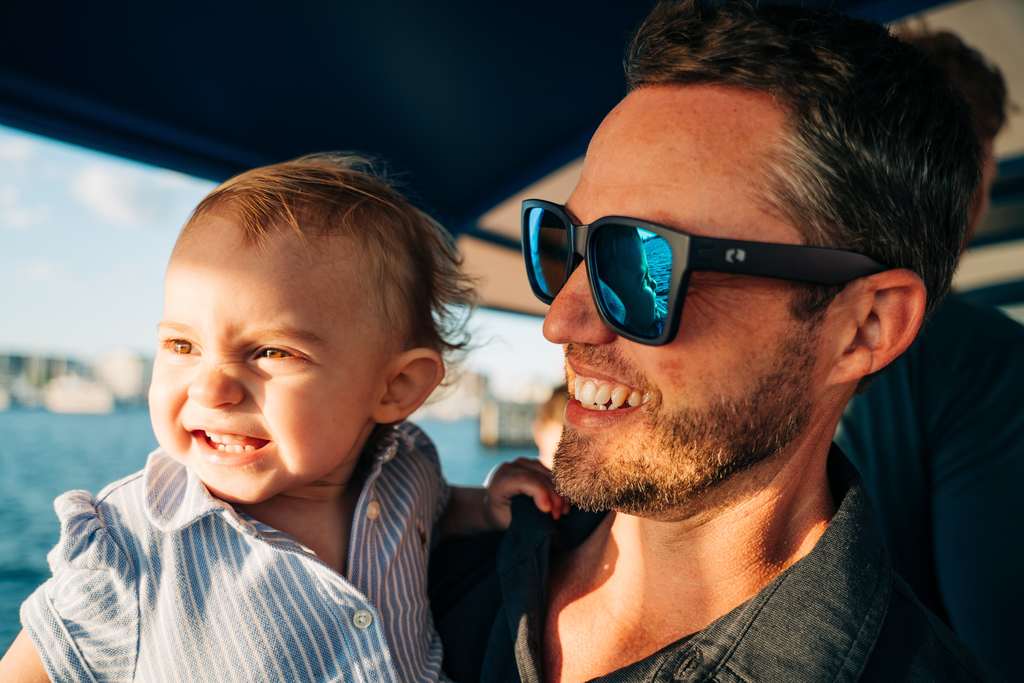Rheos Partners with Charleston Waterkeeper (Q&A)
We’re pumped to partner with Charleston Waterkeeper for our first Kickoff to Spring Clean Event here in Charleston, SC. We believe you should protect what you love, and Charleston Waterkeeper shares our passion for the waterways where we live and play. Together, along with other local outdoor gear brands, we’ll be tackling single-use plastic (and the bacteria it causes) at Hendricks Park as we kick off the season on the first day of spring.
We sat down with Cheryl Carmack, staff scientist at Charleston Waterkeeper, to learn a bit more about why cleanup events like this one are so important. Read on and get inspired!
RG: Let’s start from the beginning. Tell us about Charleston Waterkeeper.
WK: Charleston Waterkeeper is an environmental non-profit organization, and our mission is to protect and restore the quality of our local water rights. That mission, generally, has a wide appeal. It's not hard to sell to the public.
I think what's unique about us is our ability to mobilize people. When we get people out on the water, they connect with it in a way that you may not otherwise. Charleston water is everywhere; it's easy to connect with it. But, seeing that click in people's heads when they get down in the marsh and see all of the plastic for the first time... it’s like, "I had no idea." It looks beautiful, and then you just take a closer look and are blown away by how much is hiding in plain sight from this trash.
We also have a water testing program, and our volunteers are often surprised by how much bacteria is in the water. When you connect, you want to learn more.
RG: So when you fall in love with the water, you want to protect it.
WK: Exactly. We want to get you active, but also show how you can be a proactive citizen and take action for yourself.
RG: Why did you select Hendricks Park in North Charleston for our Spring Clean event?
WK: Well, one, because it needs some TLC. It's a spot that we’ve been trying to get cleaned up for a while. We have a monitoring station there. One of our volunteers goes there once a month to test the water quality, and based on that alone we know the site needs a clean-up. We’re expecting to find a lot of plastic.
We're currently establishing baseline water quality of that creek. We know it has had some issues in the past, but we want to know more about baseline health. And then, once we have those baseline numbers, we’ll have a seasonal expectation where we can more acutely identify when there's an issue. There are stormwater outfalls in the area, for example, so after it rains you might see elevated levels of different things. There are some industrial facilities in that area as well, so that could be a sign of bigger issues that we need to address. But it's kind of hard to tell, and that's why we have cleanups and collect data. The more information we have, the better picture we're going to be able to get.
RG: If we have any first-time volunteers, what should they expect at a Waterkeeper cleanup event?
WK: You're going to roll up in there dressed to get muddy! Be sure you’re wearing boots or closed-toe shoes. Once you arrive, you're going to sign your waiver, because that is very important.
What we like to do is send the volunteers out in groups, if possible, and one member of the group is recording data. I'm a scientist, I'm a nerd, and I love data! The more data, the better, always. We use that data to educate volunteers, so you know exactly what you picked up out of the marsh. It's really cool to see the numbers at the end of the day.
RG: Can you tell us more about what you do with that data from an advocacy standpoint?
WK: We use that data in our advocacy for plastic pollution reduction. So, with the City of Charleston, Town of Mount Pleasant, City of Folly Beach and Sullivan's Island, we're pulling data. We and other environmental organizations in the city put our clean-up data into an app that the South Carolina Aquarium manages, and so then we can geographically pull the different types of debris that we're finding.
And unfortunately, it's mostly plastic. We find that in our work in the marshes. Because it's lightweight, it gets blown away in the wind. And people do still litter. But as easily as it's carried away, it's washed back up, and then it gets trapped in the marsh grass, and it just sits there.
RG: And is this mostly single-use consumer plastic?
WK: Yeah. So, we'll find plastic bottles, plastic bags, food wrappers, Styrofoam containers, and cigarette filters. That's the most littered item in the world, actually, made of plastic. And bottle caps. Those are the most common items that we find, and so you'll see your data sheet at the end of the day: it's single-use plastics. That section is just out of control.
Then, we'll work to sort out the recyclables from our trash, and I'll take that to the facility separately. And then, my favorite part... I like to have prizes at the end for the weirdest finds, because it gets weird out there.
RG: Now, I gotta ask, what is the all-time weirdest find?
WK: You’ll have to come to the event to find out!
RG: How can people get involved that can’t come to our event on March 20?
WK: Speak up against the Ban on Bans. That's going on at the state level right now, so it's trying to preempt our local municipalities from passing their own ordinances. If successful as currently written, it will negate the plastic ban ordinances, all of them, locally, that were passed.
There are other volunteer opportunities if they can't make this one. And even just taking steps in their day-to-day lives to reduce single-use plastic consumption. If everybody did that, I think it could and would make a huge difference.
For those who don’t live in Charleston, you can find your local Waterkeeper chapter through the Waterkeeper Alliance. There are hundreds around the world. Each Waterkeeper adopts their local watershed, and then works to identify and address whatever their local issues are.
Join us and other local outdoor gear brands for our first Kickoff to Spring CLEAN with Charleston Waterkeeper! If you can’t make the cleanup event, join us for our happy hour after party at Revelry Brewing. $1 of every pint will go directly to Charleston Waterkeeper. Come hang out with us and our friends from Flood Tide, Healthy Human, Carolina Surf Brand and Toadfish Outfitters!
